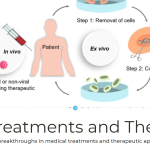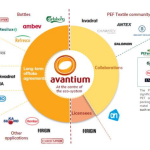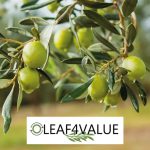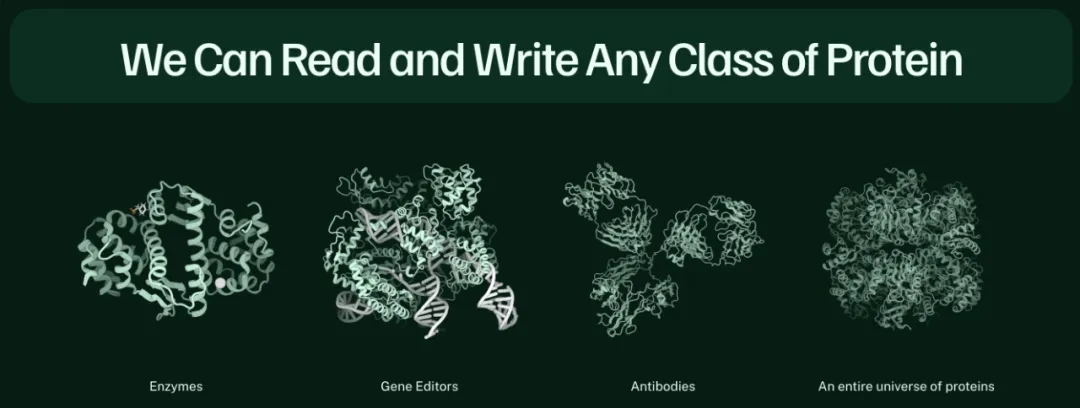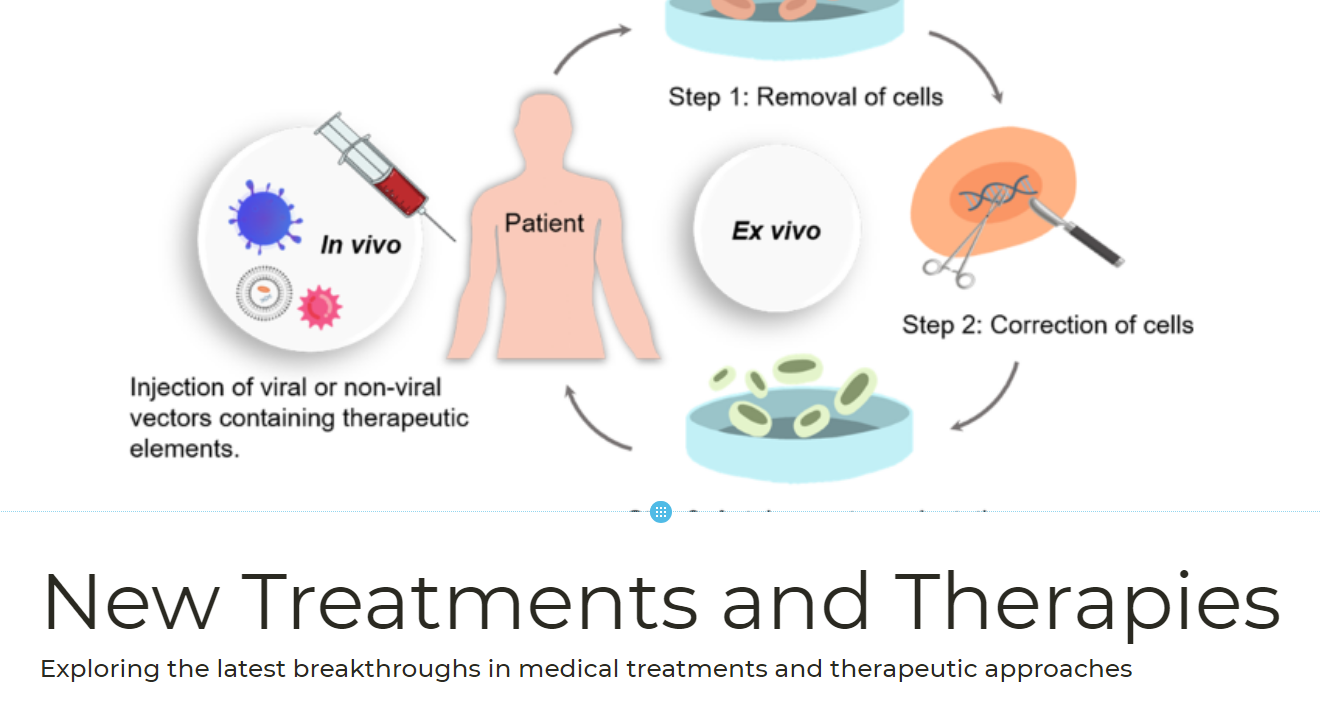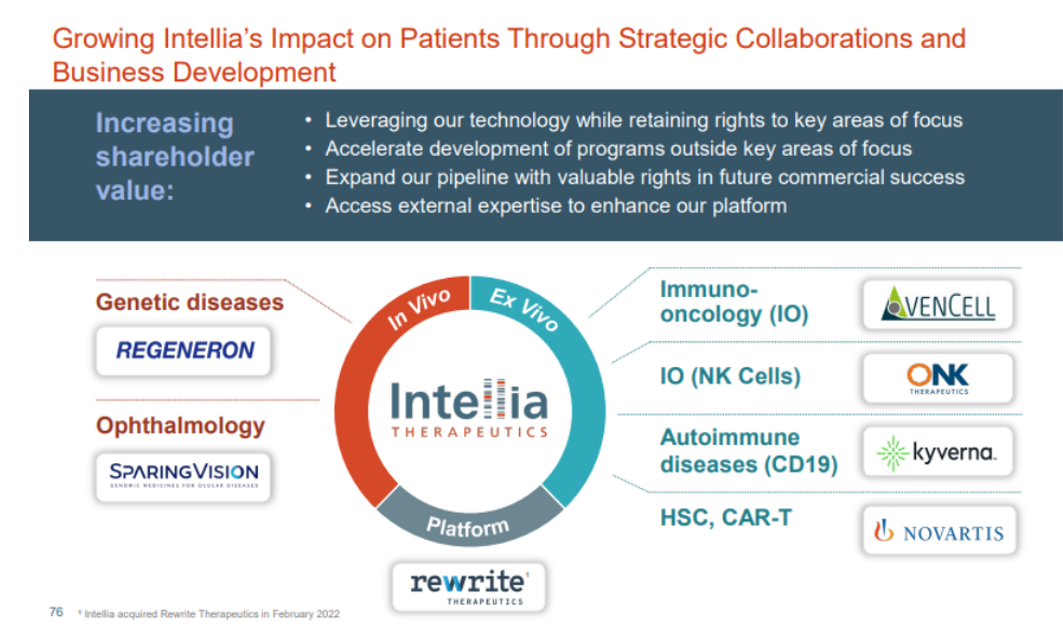At present, Spain has a large amount of biomass (olive leaves) that has not been fully utilized, but discarded olive leaves are rich in valuable bioactive compounds, giving them the opportunity to become a potential carbon source for various industries.
The number of underutilized olive leaves is astonishing. Olive trees planted for the production of edible olives need to be pruned once a year, while olive trees planted for olive oil need to be pruned every two years. It is estimated that Spain alone produces up to 1.25 million tons of olive leaf biomass annually, accounting for approximately 50% of the world’s total production. Traditionally, most of the biomass produced by pruning is brought back to the land, fed to livestock, or burned in the fields, leading to greenhouse gas emissions, which means valuable resources are largely underutilized. Therefore, these discarded olive leaves are beginning to be considered a valuable source of biomass.
In fact, olive leaf biomass is rich in valuable bioactive compounds, such as polyphenols, triterpenoids, essential oils, lipids, and lignocellulose, making it a potential asset in various industries such as food, feed, chemicals, nutrition, cosmetics, and pharmaceuticals. Collecting and finding the best value-added route for a given batch of leaves is very challenging and has rarely been attempted before.

OLEAF4Value is a three-year EU funded project (sponsored by BBI-JU, now known as CBE-JU) that began in June 2021. The total budget for the project is 5687060 euros. This project brings together an alliance of 16 experienced partners (including 6 technology teams from 9 different European countries), committed to fully utilizing the potential of this underutilized biomass.
The OLEAF4Value project utilizes enzyme and microbial biotransformation technology and nanocapsulation technology to customize products for specific end user markets. The alliance includes entities from the entire value chain, covering the collection and supply of raw materials, bio refining processes, post extraction technologies, as well as biological analysis, market validation, and impact assessment, including sustainability.
At present, the main goal of this project is to provide sustainable solutions for the comprehensive value-added of olive leaves, that is, to find the best final product for a given leaf condition. Factors such as tree position, type, and source of leaves within the tree can affect the extractable compounds and the compounds extracted.
The project aims to establish 6 new value chains and launch 24 bio based and cost-effective products to the market. These products aim to create value for the entire industry chain, especially for primary industries.

Olive leaf samples, source: INGECOR, OLEAF4Value partners
Famous compounds found in olive leaf extracts, such as oleuroside, luteolin, and oleanolic acid, are currently being studied for their value enhancement process.
Its product cases include natural preservatives; Treatment for certain health conditions (such as diabetes); Antioxidants in the food market; New feed additives – can enhance animal health and reduce the use of antibiotics; Finally, new components and natural antioxidants for use in the field of chemistry. In addition, the project generates several bio based compounds that can serve as potential cosmetic ingredients.
Related recommendations
DNA Synthesis and Assembly
Genetic Engineering and Gene Editing
Protein Engineering and Optimization
Metabolic Engineering and Pathway Design
Strain Development Service

